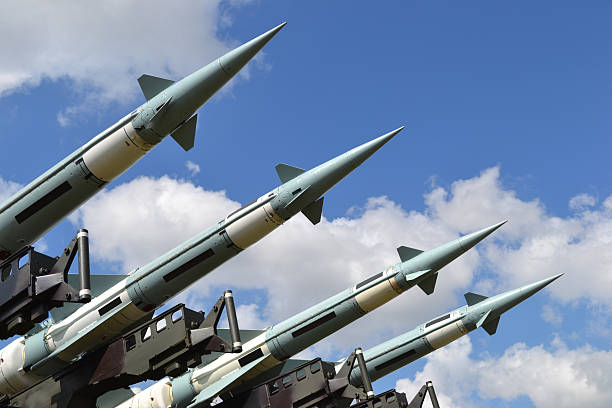Singapore adopts legislation to stop weapons funding
The new law cracks down on money-laundering, as well as dealing in precious stones and metals, money lending, pawnbroking, etc., to evade sanctions against funding the proliferation of weapons of mass destruction. The definition of precious products now includes luxury brands as well. Last August, 10 people were arrested in a major money-laundering case.
Singapore (AsiaNews/Agencies) – Singapore has approved a series of amendments to existing legislation to boost controls on activities that directly or indirectly finance the proliferation of weapons of mass destruction and help evade international sanctions.
The changes are aimed at enabling Singapore to meet the latest standards set by the Financial Action Task Force (FATF), a global anti-money laundering and terrorism financing watchdog.
Since 1992, Singapore has been a member of the FATF, an intergovernmental organisation created in 1989 within the Organisation for Economic Co-operation and Development (OECD) to promote anti-money laundering strategies at the national and international levels.
Under new standards set in 2020, countries and the private sector must assess and mitigate arms proliferation financing risks related to “potential breaches, non-implementation or evasion” of targeted financial sanctions.
Apart from the financial sector, the FATF also recognised the important role played by other non-financial sectors in combatting flows of dirty money, said Rahayu Mahzam, Senior Parliamentary Secretary at Singapore’s Law Ministry.
Certain activities can directly or indirectly support the proliferation of weapons, such as dealing in precious stones and metals, money lending, pawnbroking, and providing legal services.
The definition of a precious product has also been updated, linking it not only to certain metals or stones, but also to other elements that influence its value such as brand names and workmanship.
Henceforth, Singaporean law will consider valuable any product with a price above S$ 20,000 (US$ 14,900).
Lastly, the new legislation prohibits the licensing or assignment of management roles in money lending and pawnbroking activities to any individual already convicted of offences related to the prevention of financial crimes.
Singapore adopted these new measures in the wake of a major case that broke open on 15 August 2023 with the arrest of 10 foreigners suspected of involvement in a huge money laundering scheme.
Since the case first came to the public's attention, the value of seized or frozen assets has soared, triple the original S$ 1 billion (US$ 745 million) initially estimated.
Asked about the developments in the case, Secretary Rahayu Mahzam replied that the new law was in the works before this case with an inter-ministerial committee set up to review the country's anti-money laundering system as a whole.
20/07/2011
17/09/2024 15:56
23/05/2024 18:53







.png)










